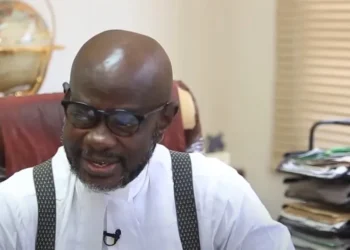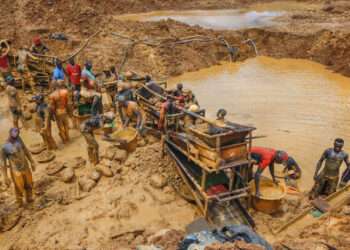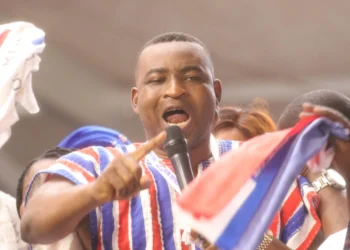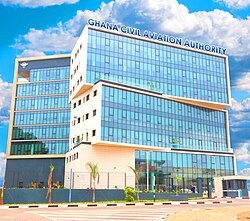The role of political and religious figures is pivotal, in shaping the course of civic engagement.
Former President John Dramani Mahama has called to action, urging Ghanaians to participate in the District Level Elections, underscoring the enduring relevance and influence of such figures in whipping up voter interest.
Mahama’s commitment to civic duty is commendable as he announced his intention to vote in the District Level Elections in his electoral area in Bole. In a tweet, he not only declared his involvement but also extended a passionate call to all Ghanaians, emphasizing the significance of their votes in shaping the future of their communities.
“I will be voting later this morning to elect Assembly and Unit Committee Members for my electoral area in Bole. It is our civic duty. Go out and Vote. Your vote in the district-level elections matters. Let’s work together to shape the future of our communities.”
John Dramani Mahama
His words resonate with a broader theme— the belief that individual participation at the grassroots level is the cornerstone of meaningful democratic progress.
Fighting Low Voter Turnout
The District Level Elections, where Ghanaians elect assembly members and unit committee members, often suffer from low voter turnout. The Chair of the Electoral Commission, Mrs. Jean Adukwei Mensa, acknowledged this trend, urging citizens to make the election more meaningful by actively participating. Mahama’s call aligns seamlessly with this plea, highlighting the symbiotic relationship between political leaders and the citizenry in bolstering the democratic process.

Mahama’s influence extends beyond the political realm, encapsulating the broader impact of influential figures, both political and religious, in inspiring civic engagement. His call exemplifies a fusion of political responsibility and civic duty, reinforcing the notion that active participation at the local level lays the foundation for national development.
The Minister of Local Government, Decentralisation, and Rural Development, Dan Botwe, echoed this sentiment, acknowledging the historically low turnout in district-level elections. His appeal, emphasizing a 50 percent turnout target, signifies a collective effort to overcome apathy and invigorate the democratic spirit across party lines.
Beyond the immediate call to action, Mahama’s involvement reflects a deeper connection between political figures and the electorate. His words catalyze collective reflection on the role of citizens in shaping the destiny of their communities. In urging Ghanaians to vote, Mahama not only reinforces the importance of their voices but also advocates for shared responsibility in steering the local and national trajectory.
The intertwining of politics and civic duty, as demonstrated by Mahama, elucidates the interconnectedness of leadership and public engagement. Political figures, especially former heads of state, carry a unique responsibility to bridge the gap between governance and grassroots involvement. By participating in local elections, Mahama showcases a commitment to decentralized development, emphasizing the relevance of local governance in propelling national progress.
Moreover, Mahama’s call transcends political affiliations, emphasizing the universality of civic responsibility. Regardless of party allegiance, his plea resonates with the broader narrative that citizens, irrespective of political leanings, should actively contribute to the democratic process. This inclusivity is vital for fostering a sense of unity and shared purpose, transcending political divides in pursuit of a common goal— the betterment of communities and the nation at large.
Mahama’s call to action in the District Level Elections serves as a compelling illustration of the enduring relevance and influence of political and religious figures in shaping voter interest.
Beyond political rhetoric, his involvement underscores the intertwined nature of leadership and civic duty, emphasizing the shared responsibility of leaders and citizens in nurturing a robust democracy.
While Ghanaians cast their votes in local elections, Mahama’s call reverberates as a poignant reminder that the strength of a nation lies in the active participation of its people at every level of governance.







